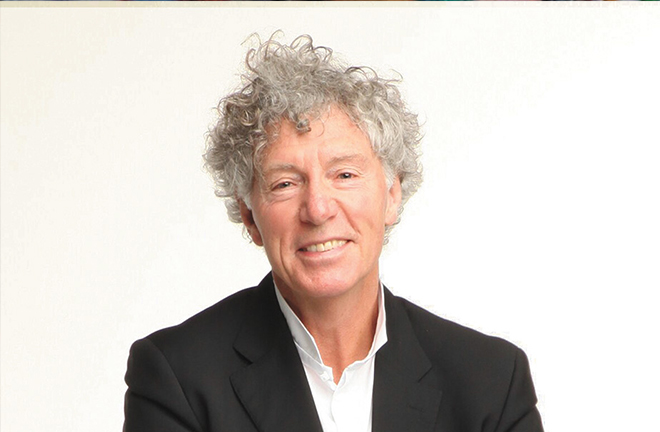Modernity and expertise: Western perspectives

Some of you will know that in the 19th century, in Europe in the Atlantic region, the “expert” came to mean someone who was a man of knowledge, someone who had a full grasp of the facts of the world, someone who knew reality, someone who was the carrier, so to say, of truth, of absolute truth, of facts, of real, the real, of the really true.
Secondly, it was around 100 years ago that a major reconsideration of this older understanding of scientific expertise took place. And it is in the writings of Werner Heisenberg, one of the most important quantum physicists. But you can find it also in the work of the Danish physicist Niels Bohr. The true expert is someone who knows about the worst mistakes that can be made in their field and someone who warns others that they do not know everything about the world. This understanding of the “expert” came about because of the abuse of expertise. For example, in World War I, when scientific expertise became involved in the development, say, of chemical weapons.
Third point, it was Max Weber who wrestled with this question of the expert, expertise, and good government. As you know, Max Weber was convinced that modernity was moving towards a world in which total bureaucratization was a real danger. Max Weber understood that modern complex societies require technical expertise. This expertise is the secret of the triumph of bureaucracy. The true expert is someone who has precise knowledge, who has access to the file, someone who understands, and can grasp the realities of the world. This, Max Weber thought, was a basic ingredient of good government. But there are criticisms of Max Weber’s view.
Finally, fourth point, what I want to suggest to you is that we should recover the early modern understanding of the expert as someone who is experienced, someone who is the carrier of wisdom, someone who knows that they don’t know everything.
That understanding of expertise, championed by Werner Heisenberg and others, is, it seems to me today, of fundamental importance in a period where cascading crises are everywhere, where, for example, pestilence like the COVID-19 requires expertise in this old, and I would say, new sense. There are several reasons, five of them in fact, why expertise understood as wisdom is important.
First, within, for example, government institutions, it’s important to have experts who warn those who govern that they don’t know everything, that they may be mistaken in their prejudices. This is a view of expertise that you can find in the work of the world famous virologist Peter Piot, a Belgian, who was, until recently, the European Commission’s advisor on COVID-19.
Secondly, expertise can also contribute to the pluralization of institutions. Think of the important role played by universities as custodians of wisdom, of wise understandings of the world against government, and against business, for instance.
Thirdly, expertise in this older, but I’m suggesting newer sense, 21st-century sense, can play the role of protector of citizens, of advisor to citizens, of teaching citizens to be wiser in their understanding of the complexities of the world. This third understanding of expertise, you can see, for instance, at work in the warnings about bio-destruction, about chemicalization, about the dangers of nuclear weapons, and so on.
Fourth, I have been emphasizing for some time now the importance of the precautionary principle. A true expert is someone who has a cautious understanding of the world and the dangers of this world. This is the role played, for example, by experts in the committee on climate change in the United Kingdom. Their job is to keep tabs on government to see, to ensure, that that government progresses towards zero trends, zero emissions.
Fifth and finally, the true expert is someone who is willing to challenge groupthink, even groupthink within the ranks of experts themselves. One can see the dangers of groupthink, for example, at work in the near collapse of banking systems in the Atlantic region in 2008 and 2009.
I conclude, we live in an age of cascading crisis and it is in this period that expertise understood as wisdom, people who are experienced in their fields, who know that they don’t know everything, and warn others that they don’t know everything. It’s in this period that experts can play a very important functionally vital role as contrarians within government, as defenders of institutional pluralism, as champions of public awareness and citizen wisdom, who can be agents of precaution.
They can issue warnings, and they can be agents who challenge a groupthink. All of these functions are growing more important. I submit to you that good government requires, therefore, the public monitoring role of experts, the importance of experts as champions of what I call “monitory democracy.”
John Keane is a professor of politics from the University of Sydney. This article was edited from his video speech submitted to the forum.
Edited by YANG XUE

 PRINT
PRINT CLOSE
CLOSE